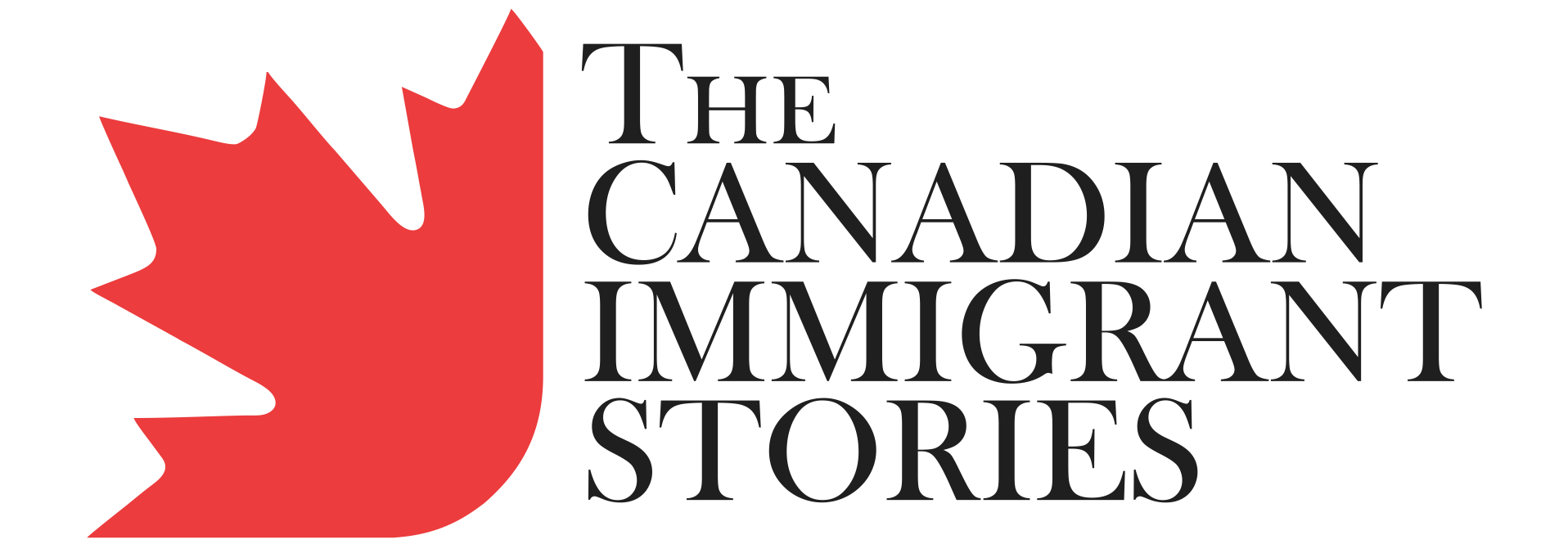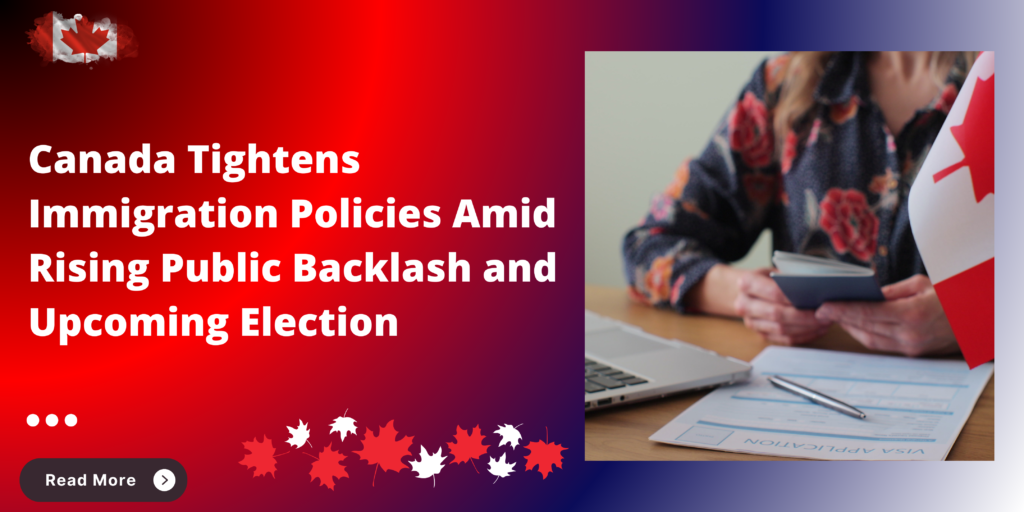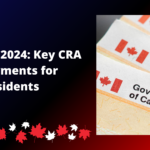As Canada braces for a critical federal election, the nation’s immigration policies are tightening in response to a notable rise in anti-immigration sentiment and growing political tensions. Recent statistics reveal a significant increase in the refusal rate for visitor visas, signaling a broader shift in immigration practices that could have lasting impacts on the country’s demographic landscape.
Data for 2024 shows that the ratio of refused visitor visa applications to approved ones has reached levels not seen since the height of the COVID-19 pandemic. Specifically, in January, February, May, and June of this year, immigration officials rejected more visa applications than they approved. This trend is part of a broader pattern, as there has also been a marked decline in the approval of study and work permits.
July 2024 saw a dramatic increase in visa rejections, with nearly 6,000 foreign travellers, including students, workers, and tourists, being turned away. This figure represents the highest number of rejections since at least January 2019. Despite these significant changes, there have been no official announcements of new immigration policies, leading to speculation about the reasons behind these adjustments.
The shift in immigration policy coincides with rising public discontent related to the cost of living in Canada. As the cost of living crisis intensifies, public opinion on immigration has become increasingly critical. Immigration professionals, including a prominent lawyer based in Nova Scotia, have reported a noticeable rise in client rejections and an increase in openly expressed hostility towards immigrants, reflecting a more challenging environment for those seeking entry into Canada.
In response to these developments, Immigration Minister Marc Miller has indicated that his ministry will undertake a reassessment of permanent residency applications. Miller has called for “real, significant change” in immigration policies, suggesting that superficial adjustments will no longer suffice to address public concerns.
Prime Minister Justin Trudeau has also announced a forthcoming reduction in the Temporary Foreign Worker (TFW) program. This program, which has faced significant criticism, particularly for creating exploitative working conditions, saw a dramatic increase in the number of approved temporary foreign workers—239,646 in 2023, more than double the 108,988 in 2018. To address these concerns, Trudeau has proposed restrictions on hiring low-wage temporary foreign workers in regions with an unemployment rate of 6% or higher, with exemptions for critical sectors such as agriculture, food, and fish processing. The construction and healthcare sectors will also be granted exemptions.
Trudeau has also hinted at a potential reduction in the number of permanent residents accepted annually, which marks a significant departure from his administration’s previous stance of expanding immigration levels. He emphasized the need for responsible immigration policies that ensure successful integration and support for newcomers.
As the federal election looms, immigration has become a key issue for political leaders. The Conservative Party, led by Pierre Poilievre, has been vocal in its criticism of the Liberal government’s immigration policies, accusing it of allowing too many people to enter Canada too quickly and contributing to housing shortages. Poilievre, whose party currently leads in the polls, has pledged to tie Canada’s population growth rate to the rate of new housing construction if his party wins the election.
Despite these criticisms, both Trudeau and Miller continue to advocate for high immigration levels, arguing that they are essential for Canada’s economic growth. They have acknowledged, however, that the rapid increase in immigration, combined with inadequate infrastructure investment, has exacerbated current challenges. In response, the federal government announced in late 2023 a freeze on permanent resident targets for the next three years, aiming to welcome 485,000 permanent residents in 2024 and 500,000 in both 2025 and 2026—a notable increase from the 296,000 permanent residents accepted in 2016.
As Canada navigates these complex issues and prepares for the upcoming federal election, immigration is set to play a crucial role in shaping the country’s future. The debate over immigration policies will undoubtedly be a pivotal factor in the election, with far-reaching implications for Canada’s demographic and economic trajectory.



